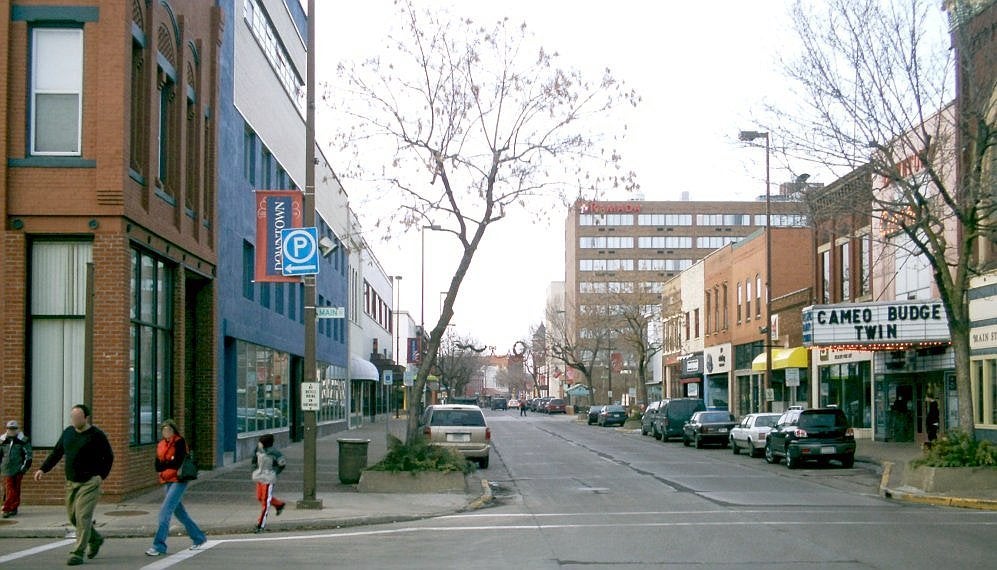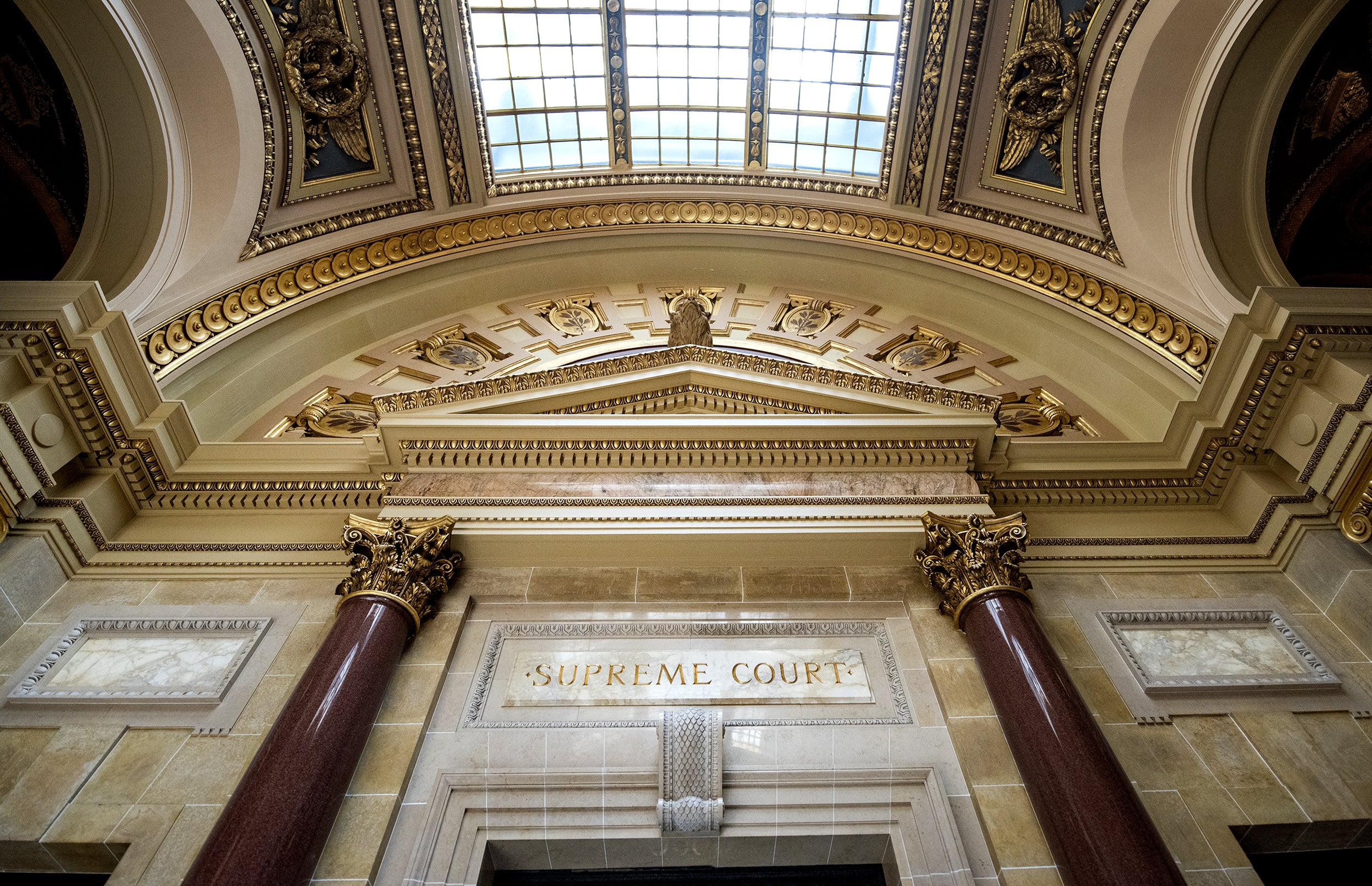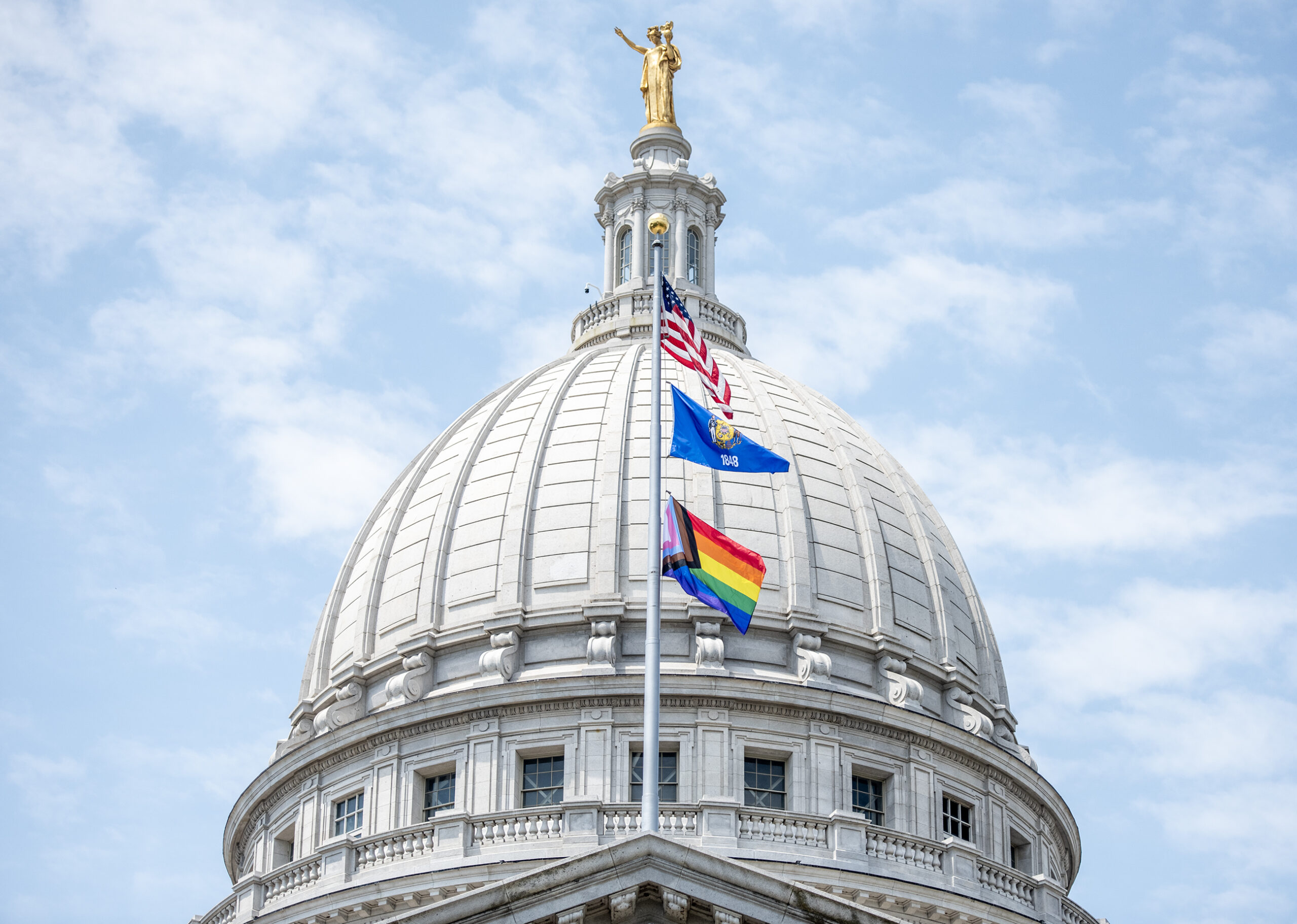The city of Eau Claire has joined Madison and Milwaukee in banning a controversial religious practice known as conversion therapy.
Supporters of the measure say it protects children identifying as gay from abusive attempts to convert them to heterosexuality while opponents say the ban restricts freedom of religion.
At its Tuesday meeting, the Eau Claire City Council voted unanimously for a resolution banning conversion therapy and proposing fines ranging from $500 to $1,000 for anyone charging a fee for counseling that “seeks to change a person’s sexual orientation or gender identity.”
News with a little more humanity
WPR’s “Wisconsin Today” newsletter keeps you connected to the state you love without feeling overwhelmed. No paywall. No agenda. No corporate filter.
Eau Claire City Councilwoman Kate Beaton said she is proud of Eau Claire for addressing the conversion therapy issue within the school district, Eau Claire County Board and now city council.
“This ordinance is not an infringement on anybody’s rights,” said Beaton. “It is protecting our children from child abuse, which is what conversion therapy is. Conversion therapy is child abuse. No parent has a right to abuse their children.”
Former Eau Claire County Board Member David Mortimer was among those speaking against the conversion therapy ban during the council meeting. Mortimer, who is a former pastor and current advocate for religious liberty, disagreed with the vague definition of conversion therapy in the ordinance. He said he abhorred past examples of abusive techniques, including electro-shock treatments used by some faith-based groups.
But Mortimer said “talk therapy” services offered by counselors or churches shouldn’t be banned by government.
“I believe we have to make room for people that want that type of counseling,” Mortimer said. “I believe that adolescents and their parents, not the city council, know what is best.”
The Rev. Kerri Parker, Wisconsin Council of Churches executive director, said her organization represents 19 denominations across the state. Because of that, she said the organization hasn’t taken an official position on the conversion therapy bans in Eau Claire, Madison or Milwaukee, but she is glad policy makers are considering the health and safety of children.
Parker also pointed out that the Eau Claire ordinance bans paid conversion therapy.
“When government restricts what can happen in the marketplace, they’re not restricting what can happen in the pulpit or what can happen in pastoral work between a pastor and a parishioner, and that’s between the pastor and the parent and the child. And folks have to come at that safely, according to their theological belief,” said Parker.
When asked whether the Eau Claire conversion therapy banned a parent from offering a donation to a church or faith-based counseling service in exchange for conversion therapy, Beaton said it wouldn’t.
Conversion therapy has been condemned by LGBTQ organizations and groups including the American Psychological Association, American Psychiatric Association, American Association of Pediatrics, American Medical Association and National Association of Social Workers.
In May 2017, Democrats in the state Senate introduced a bill to ban conversion therapy statewide, which failed to gain traction.
Wisconsin Public Radio, © Copyright 2025, Board of Regents of the University of Wisconsin System and Wisconsin Educational Communications Board.







